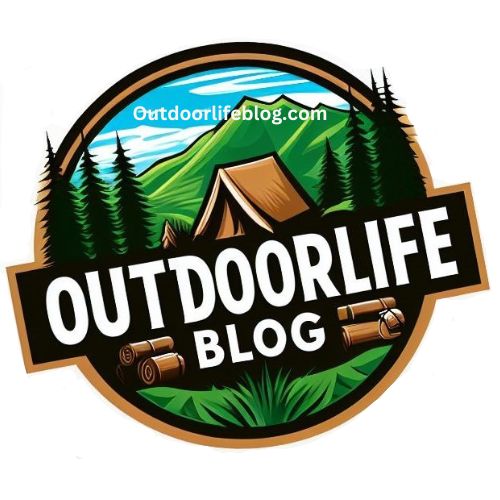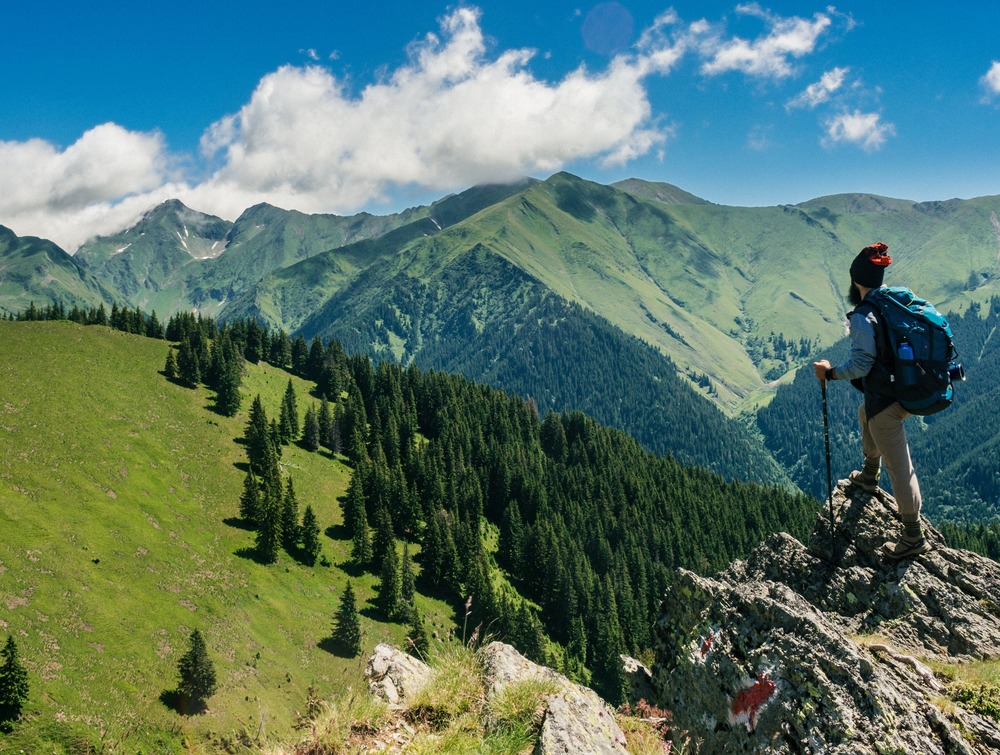Carrying an emergency whistle can be a smart idea for personal safety. These whistles produce a loud, piercing sound that can attract attention and help in situations where you need assistance or alert others to your location.
They’re especially useful for hikers, runners, or anyone in remote areas where calling for help might be challenging. So, read on and learn more about, Emergency Whistles Should You Carry One? Let`s find out.
In emergencies, a whistle’s sound can carry farther than your voice and can be more easily heard, even in noisy or chaotic environments. They’re lightweight, easy to carry, and don’t require any special skills to use. Additionally, they’re non-threatening and can be a discreet way to signal for help if you’re in a dangerous situation.
Whether it’s for personal safety, outdoor activities, or just having a tool for unexpected situations, having an emergency whistle on hand is a small investment that can potentially make a big difference.

In the event that someone goes missing, they can be found more easily if they blow their whistle continuously while waiting for help.
The sound of the whistle will travel farther than the voice and will alert others of the person’s location. If you are lost or injured in a remote area, blowing your whistle will help rescuers find you more easily.
Some people also use whistles as a way to scare away animals that may be dangerous or territorial. Whistling may not work on all animals, but it has been known to work on predators like bears and coyotes.
If you are looking for an emergency safety device, then an emergency whistle is a perfect choice! The emergency whistle emits a loud sound in the event of an emergency. It can be used to attract attention to your location.
The following are some ways in which you can use an emergency whistle

You can use it to signal for help in the event of an emergency or scare away any dangerous animals that may approach. You can use it as a signal for distress when lost or stranded and need assistance from others.
You can use it as a signal for help when someone needs medical attention and is unable to call out due to injury or being incapacitated.
Whistles are small, lightweight, and inexpensive devices that can be carried on your person or stored in a backpack. It is a reliable way to signal for help in an emergency situation. I personally carry the whistle around my neck at all times.
Emergency whistles are recommended for anyone who spends time outdoors. This includes hikers, campers, hunters, fishermen, and those who work in the wilderness.
You could also carry a compass with you and take a bearing when you set off, if you do end up lost, at least you can head back in the direction from which you came.

Conclusion
An emergency whistle can help to alert people around you in an emergency. These whistles are also recommended for those who spend time outdoors and have a variety of purposes. Overall, an emergency whistle can be very useful in emergencies.
Some use it to alert people around them, while others use it to call for outside assistance in an emergency. Even if you don`t think you will need one, always carry one just in case, you never know what you could potentially face on your travels or what may happen, don`t take a risk.




This is an excellent suggestion and the whistle could be used anywhere at all. Thanks!
Mel
Hi Mel, the emergency whistle is a very important part of any hikers equipment. Did you also know that the emergency whistle was first introduced in 1883 by Joseph Hudson, this was the police whistle London, and replaced the police rattle. Thank you for your comment, have a great day.